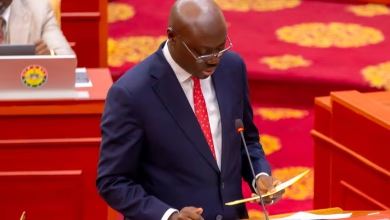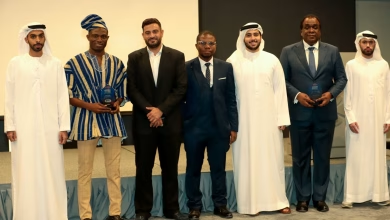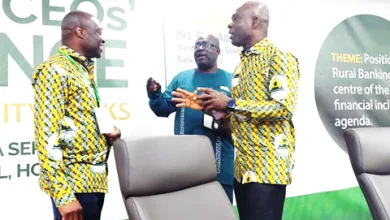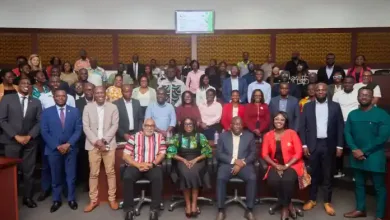Ghanaian Fishermen Overwhelmingly Support Premix Fuel Subsidy Removal
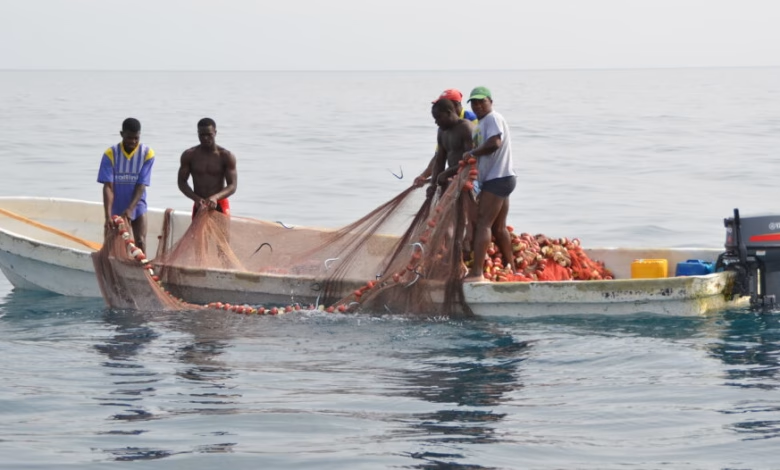
- A chunk of fishermen support premix fuel subsidy
- Many complain about irregular distribution
- The study's full findings will be published in the coming months
A new study by the Environment and Natural Resource Research Initiative (ENRRI-EfD Ghana) has revealed that 91% of Ghanaian fishermen support the removal of the long-standing premix fuel subsidy.
This policy was originally intended to make fuel more affordable for artisanal fishermen but is now widely seen as ineffective and harmful to the industry.
Fishermen and fish traders are willing to pay significantly higher prices for premix fuel, indicating that the subsidy is no longer necessary.
Many complain about irregular distribution, poor quality fuel, and the subsidy’s contribution to overfishing.
The study found that the subsidy is exacerbating overfishing by encouraging more canoes to enter the sector. This, combined with the irregular supply of fuel, has led to significant challenges for fishermen.
Professor Wisdom Akpalu of ENRRI/EfD-Ghana argues that removing the subsidy would not only reduce overcapacity but also promote more sustainable fishing practices.
He suggests redirecting the saved funds towards programs that directly benefit fishing communities, such as capacity-building initiatives and alternative livelihood support.
While removing the subsidy may cause short-term difficulties for fishermen, the long-term benefits outweigh the challenges.
The study suggests that the reform could garner political support as many fishermen themselves are advocating for it.
Director-ISSER Professor Peter Quartey emphasizes the need for greater efficiency, regularity, and transparency in the sector.
He argues that fishermen are seeking streamlined processes, reduced influence of middlemen and politicians, and a guarantee of more reliable and equitable distribution of subsidies.
The study’s full findings will be published in the coming months, with recommendations for government officials and policymakers.



